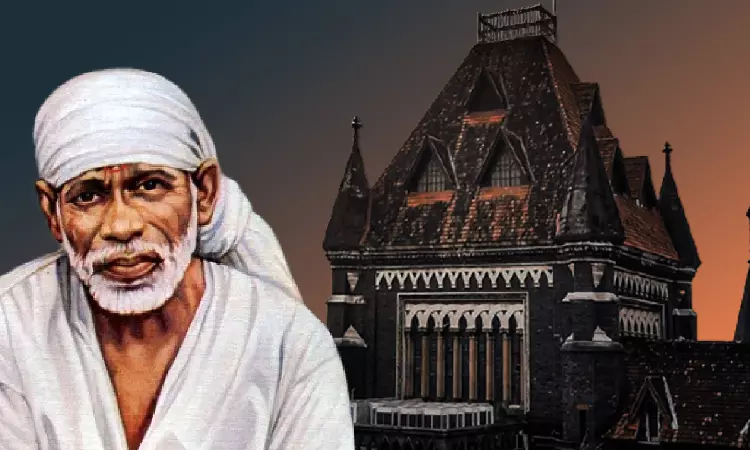The Bombay High Court on Tuesday (October 8) held that the Shree Sai Baba Sansthan Trust, Shirdi is certainly a religious and a charitable trust and thus the 'anonymous' donations to the tune of Rs 159.12 crores, it received in the hundi (cash collection box) during the assessment years 2015 to 2019, can be exempted from income tax.A division bench of Justices Girish Kulkarni and...

